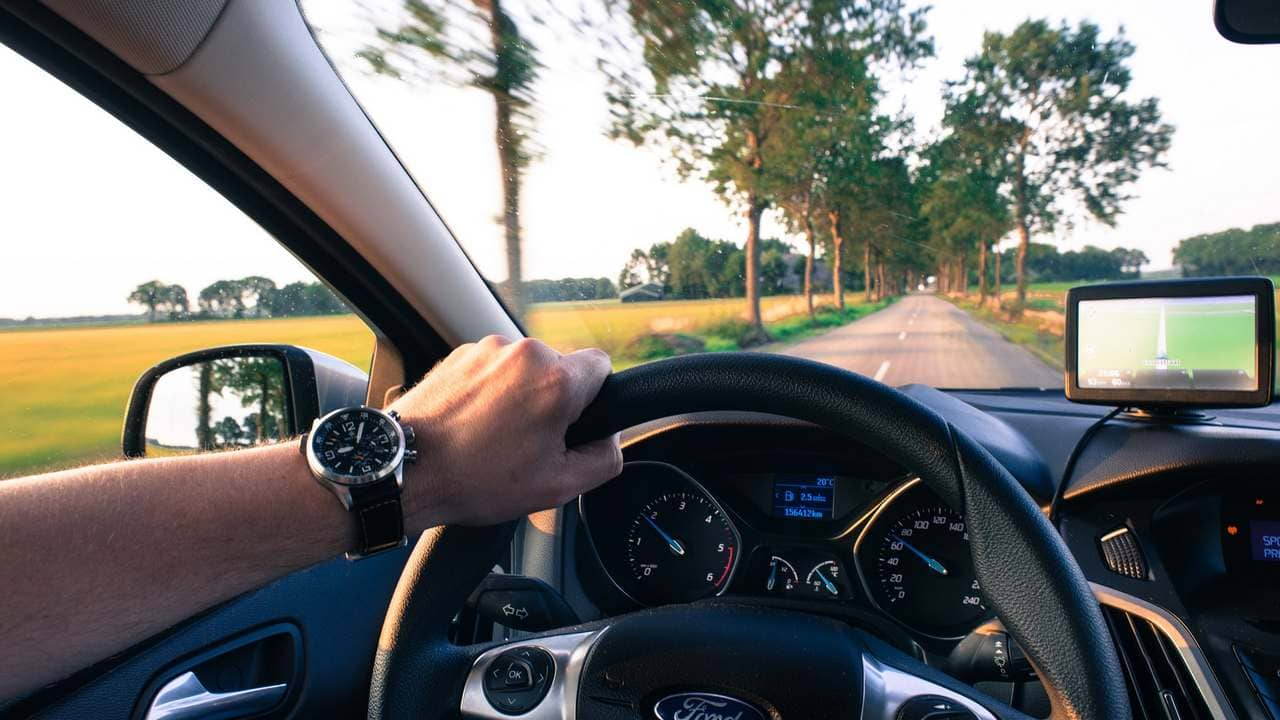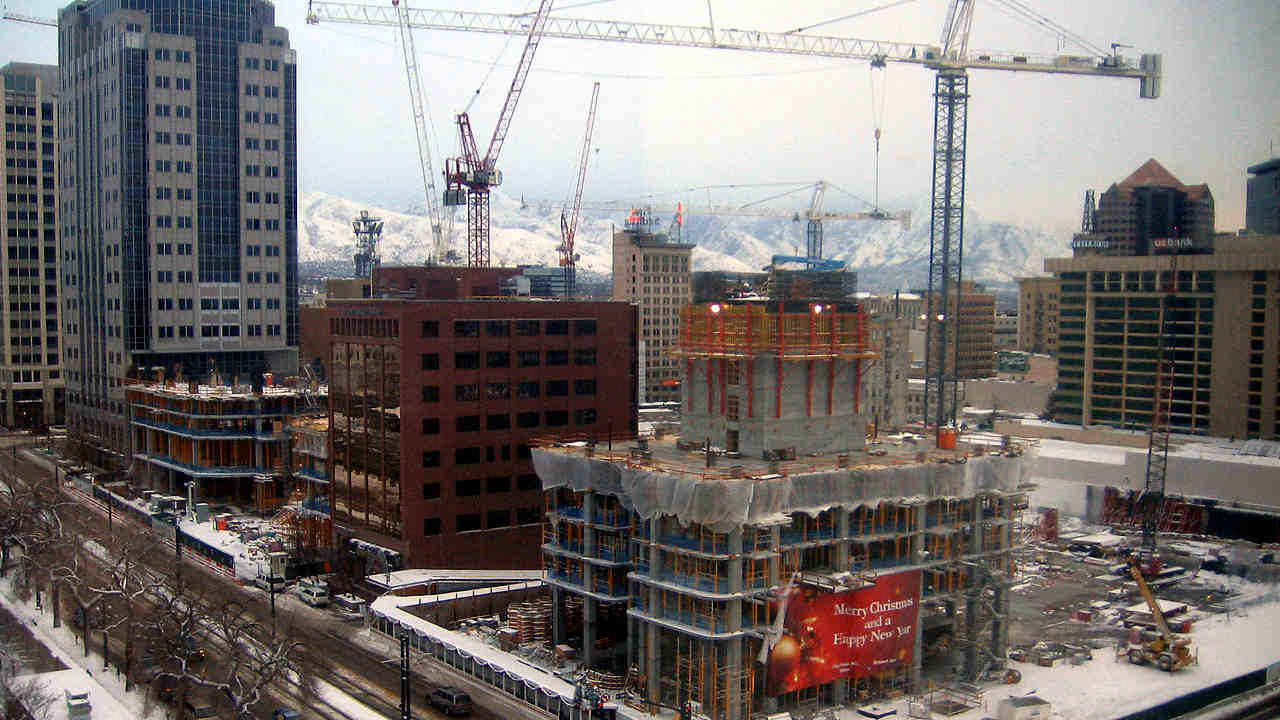I am a climate scientist and I am fully aware of all the disasters climate change has already wrought upon us and the potential for much worse if we continue our mindless consumption. But I also realised, a while ago, that climate change research can no longer be carried out in isolation from the human perception of ‘risk’ which is what underlies that attitude towards the perception of climate change risk as well. Not all risks are the same and the human mind realises it all too well. For example, nearly all humans realise that they need to save for their children’s future. Many people start to save even before the child is born. And yet, very few would save the environment their children would grow up in. Because the ‘environment’ is common good and it is not always clear who should pay for it. The same limitation plays out when people buy insurance for thier health, cars, homes, etc., but they will not pay to insure the future of the environment. [caption id=“attachment_7087951” align=“alignnone” width=“1280”] Construction taking place in the city. Image credit; Wikimedia Commons[/caption] Does that mean that those who believe in climate change and realise that we are responsible for it are always on the right track? Hardly. Look at the debates around developmental activities like the coastal highway that Mumbai government has planned to develop. You will find a lot of oppositions to it. The objection towards it ranges from obvious reasons like the need to develop public transportation rather than making it easier to drive around in cars to the environmental degradation that could occur and then slide smoothly into more uncertain or subjective claims about the inequalities that would be exacerbated or health issues that would be made worse and so on. These are potential risks of course but everything we do has risks. We pollute by simply living. So what is the point of this or anything? It is about accepting that development is not only inevitable but necessary for the very existence of humanity. It moves up the standard of living of the masses. It does not need to come at the cost of quality of life or at the cost of one group vs. another. Development and saving the environment need not be a zero-sum game. [caption id=“attachment_7087891” align=“alignnone” width=“1280”]
 Owning a car is a luxury. Image credit: Pexels[/caption] If you dig a bit into the objectors to development, then you can dissect this a bit more. If you own a car and you are objecting to a new highway that is planned to ease congestion and reduce emissions, then the car owners can only fight to ensure that environmental degradation is avoided and public transportation is also part of the mix of the new highway. But they cannot put up endless roadblocks with the more esoteric objections about ‘potential’ risks to health and social inequality. Because car ownership has two aspects to it; one is that you can afford it and the other is that you are sure that there are times when you just cannot do without a car. So as soon as you move from an economic strata where you couldn’t afford a car to one where you are able to afford one, you are likely to buy a car. And then follow the good thoughts about driving as little as possible and so on. But parking the car at home and driving less is a luxury you can afford. Which means we need to allow others to have the same luxury. If you grew richer and want to buy a car, then you should be allowed to. At least till the public transportation is so good that you can have the luxury of living without a car. [caption id=“attachment_7088011” align=“alignnone” width=“1280”]
Owning a car is a luxury. Image credit: Pexels[/caption] If you dig a bit into the objectors to development, then you can dissect this a bit more. If you own a car and you are objecting to a new highway that is planned to ease congestion and reduce emissions, then the car owners can only fight to ensure that environmental degradation is avoided and public transportation is also part of the mix of the new highway. But they cannot put up endless roadblocks with the more esoteric objections about ‘potential’ risks to health and social inequality. Because car ownership has two aspects to it; one is that you can afford it and the other is that you are sure that there are times when you just cannot do without a car. So as soon as you move from an economic strata where you couldn’t afford a car to one where you are able to afford one, you are likely to buy a car. And then follow the good thoughts about driving as little as possible and so on. But parking the car at home and driving less is a luxury you can afford. Which means we need to allow others to have the same luxury. If you grew richer and want to buy a car, then you should be allowed to. At least till the public transportation is so good that you can have the luxury of living without a car. [caption id=“attachment_7088011” align=“alignnone” width=“1280”] Driving is a lot of fun. Image credit: Pixabay[/caption] But there is a third aspect of having your cake and eating it too which is to think about the future. Do we really want to live without a car? A car is not just a necessity or a luxury but anybody who has driven knows that it is also great fun. However, what we can do is design cars that don’t emit and/or technologies that can draw out emissions from the atmosphere, safely and sequester them somewhere. That is a vision that would engage more people than opposing all developmental activities while keeping a car parked at home and driving ‘as little as possible.’ Mindless opposition to development would create more inequality than environment-friendly development that lets everybody dream about owning a nice environmentally-safe car, someday. [caption id=“attachment_7088071” align=“alignnone” width=“1280”]
Driving is a lot of fun. Image credit: Pixabay[/caption] But there is a third aspect of having your cake and eating it too which is to think about the future. Do we really want to live without a car? A car is not just a necessity or a luxury but anybody who has driven knows that it is also great fun. However, what we can do is design cars that don’t emit and/or technologies that can draw out emissions from the atmosphere, safely and sequester them somewhere. That is a vision that would engage more people than opposing all developmental activities while keeping a car parked at home and driving ‘as little as possible.’ Mindless opposition to development would create more inequality than environment-friendly development that lets everybody dream about owning a nice environmentally-safe car, someday. [caption id=“attachment_7088071” align=“alignnone” width=“1280”] We should tell the kids to find ways to do both save the environment and develop it. Image credit: Pixabay[/caption] Putting up signs everywhere about the dangers of climate change and endless messaging about having to eat less, travel less, and drive less and so on creates hopelessness. We should instead be telling the kids that they should be dreaming about ways to travel, produce energy and food that don’t pollute while also thinking about building rockets to go to Mars and beyond. In other words, we all need to have a portfolio of actions that allow us to live a good life and yet not destroy the planet we live on. Development has to be part of the broad portfolio as well where everybody has the opportunity to earn a better life and have the luxury of saving the environment as well. The author is a Professor of Atmospheric & Oceanic Science and Earth System Science at the University of Maryland, currently a Visiting Professor at IIT Bombay. Also Read:
We should tell the kids to find ways to do both save the environment and develop it. Image credit: Pixabay[/caption] Putting up signs everywhere about the dangers of climate change and endless messaging about having to eat less, travel less, and drive less and so on creates hopelessness. We should instead be telling the kids that they should be dreaming about ways to travel, produce energy and food that don’t pollute while also thinking about building rockets to go to Mars and beyond. In other words, we all need to have a portfolio of actions that allow us to live a good life and yet not destroy the planet we live on. Development has to be part of the broad portfolio as well where everybody has the opportunity to earn a better life and have the luxury of saving the environment as well. The author is a Professor of Atmospheric & Oceanic Science and Earth System Science at the University of Maryland, currently a Visiting Professor at IIT Bombay. Also Read:
**Mumbai Coastal Road Project: Photographers document marine life, fishermen who stand to lose** **Coastal justice: Mumbai HC puts paid to govt plans for destroying city’s coastline, coral reefs, hundreds of species with RS 12,000 cr Coastal Road Project**


)

)
)
)
)
)
)
)
)



